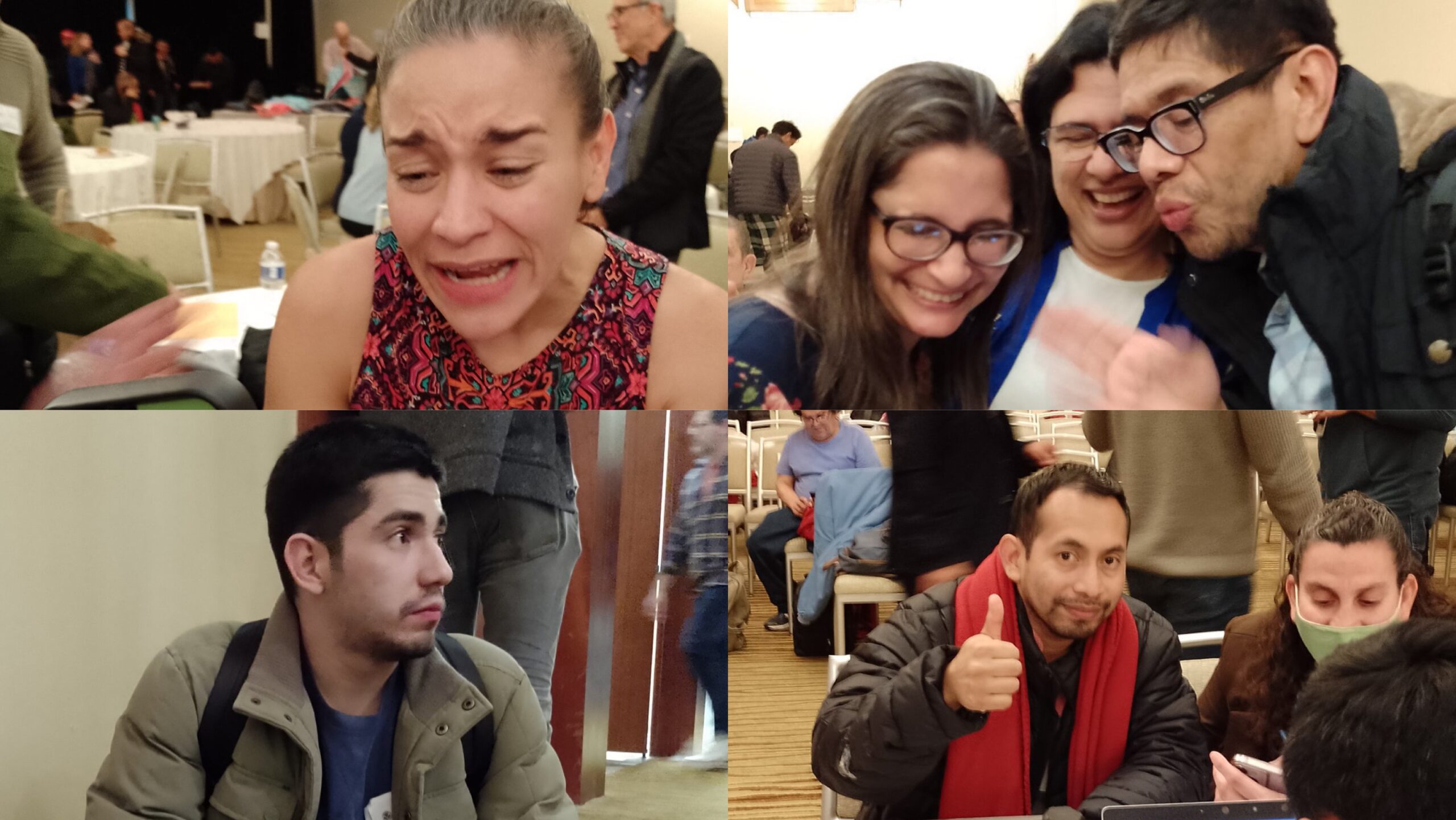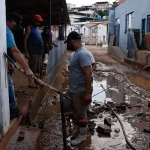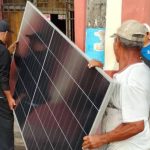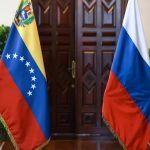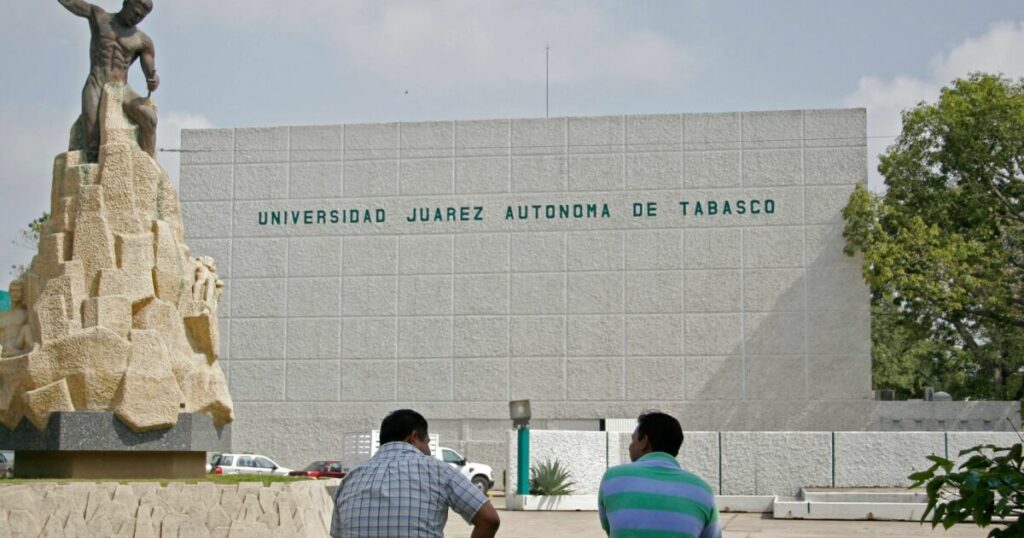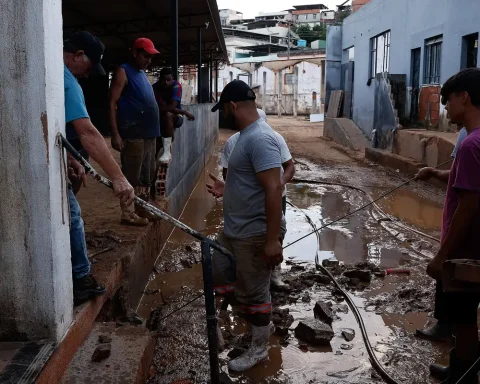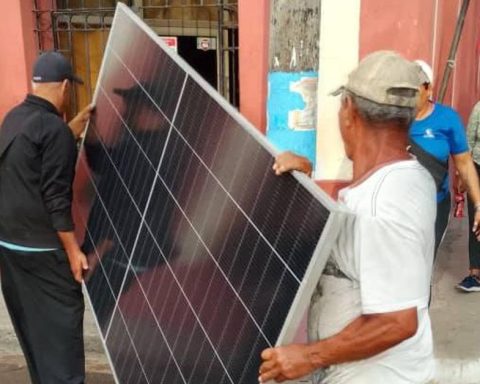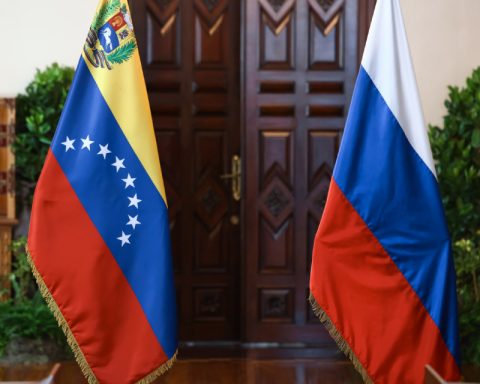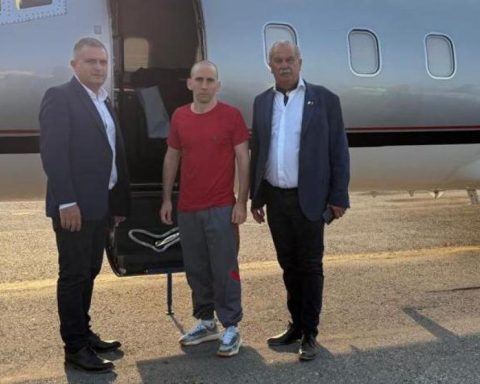Emily Mendrala, Deputy Assistant Secretary of State for the Office of Western Hemisphere Affairs, explained that the 222 Nicaraguans, who arrived yesterday in Washington exiled from their country but free from Ortega repression, will be able to use the humanitarian parole recently announced by the government of the United States for Nicaraguans or choose from other options to reunite their families.
“Some are going to want to look at options for their families to come to the United States and there are several options. There is the parole process that the Biden administration announced several weeks ago for the citizens of Nicaragua, Venezuela, Cuba and Haiti; It could be an option for some relatives. But it depends, each situation is going to be unique,” the US official said at a press conference.
He also assured that some Nicaraguans have relatives in the United States and are in the process of meeting with them, but others have no one. Among those who have no one to receive them, some will choose to stay in the United States and others will choose to move to third countries to join their families.
Related news: Who are the five Ortega militants that the regime confined “to live in the empire”?
Faced with this situation, Mendrala considers that after receiving the general information, each person should make individual inquiries to find out their options and make decisions.
The official also said that the United States government is providing housing, food, medical, psychological and legal assistance to those now released from political prison.
“We have legal help at the reception center. There are also representatives from USCIS (United States Citizenship and Immigration Services) to help each of the people with questions like that (how to bring family members),” she said.
In addition, he expressed his concern about the arbitrary stripping of the Nicaraguan nationality faced by the 222 exiles and assured that the US authorities are compiling the necessary information to understand this situation.
“Unilateral Decision”
Emily Mendrala insisted that the release of political prisoners was a “unilateral decision” of the Ortega-Murillo dictatorship. The United States limited itself to organizing their transportation and receiving them with a humanitarian parole for two years and providing assistance upon arrival.
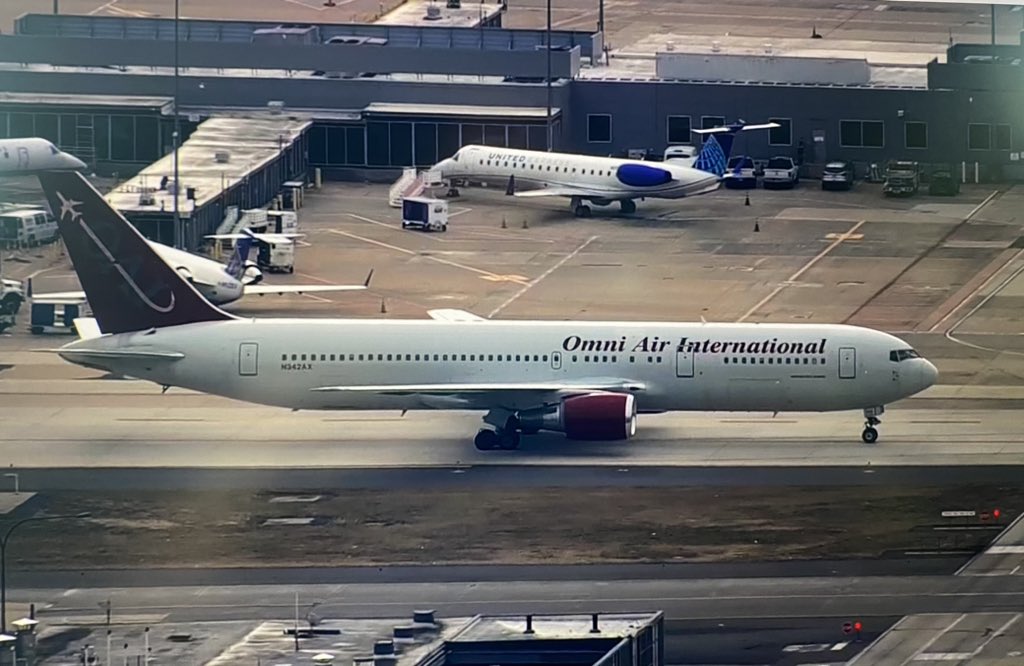
“There was no negotiation with Nicaragua, they did not ask for anything in response to receiving the 222 prisoners. We have called for the release of these prisoners publicly and privately in recent years, but in the case yesterday, Nicaragua made its own decision to release them,” he reiterated.
He also assured that the United States government trusts that this is the first step for the restoration of democracy and respect for human rights in Nicaragua.
“Yesterday’s effort, yesterday’s step, is a positive step and we want to enter into a dialogue that could put us on a more consultative path in the bilateral relationship. We still have concerns with the human rights situation and the state of democracy in Nicaragua,” he said.
